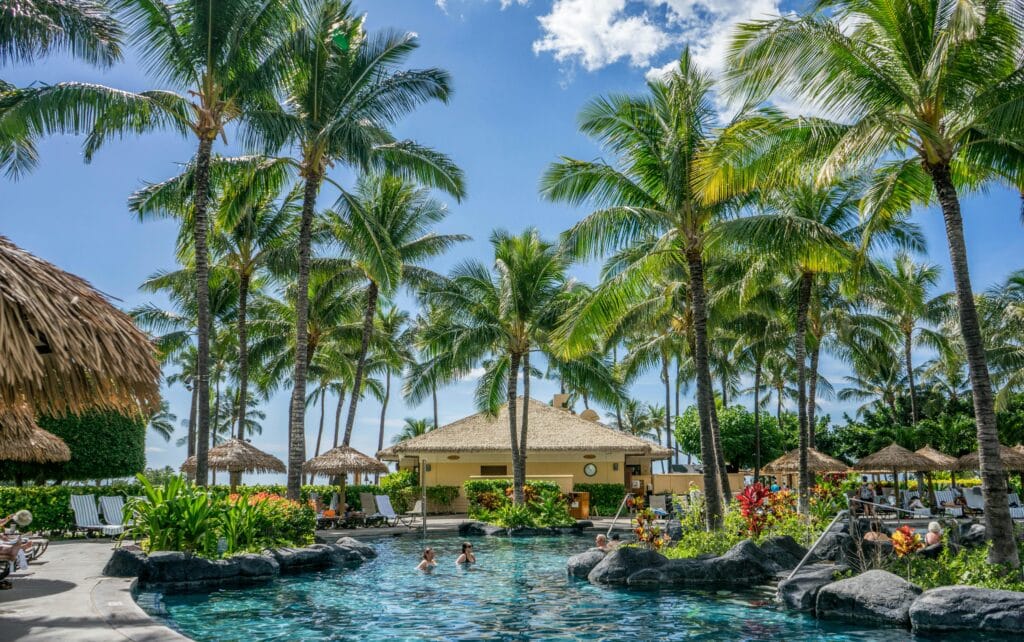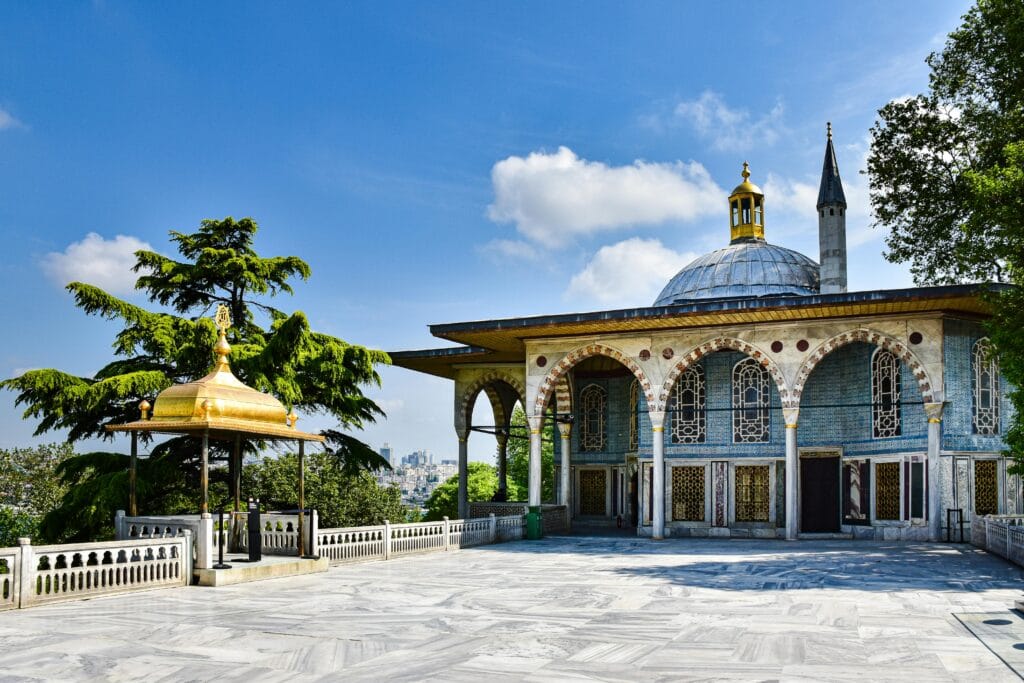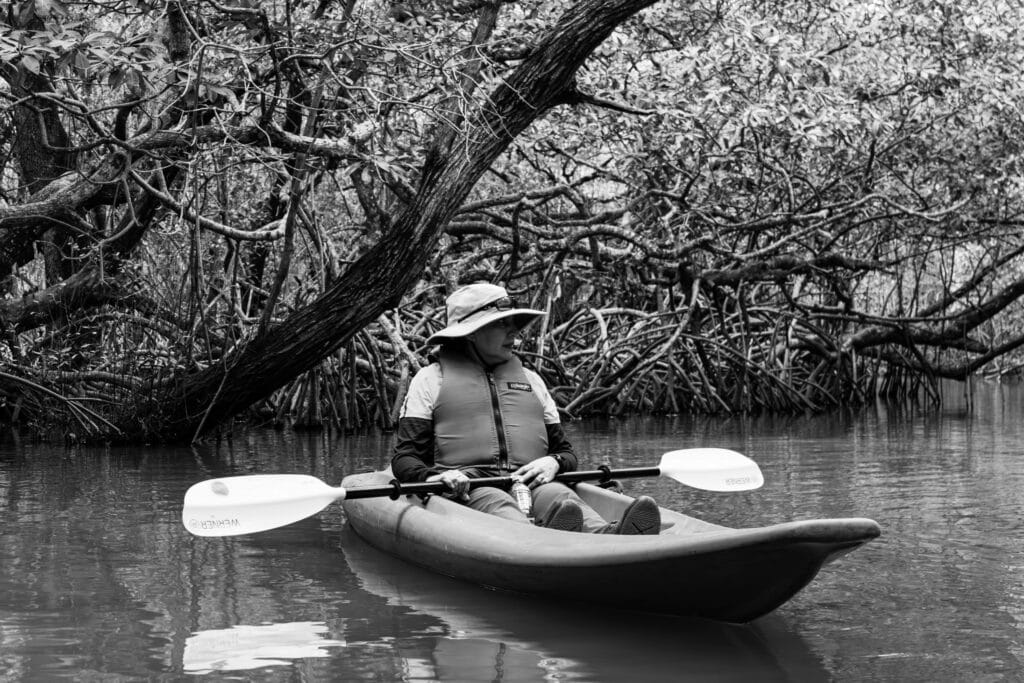Navigating currency exchange in Zanzibar
When traveling to Zanzibar, understanding the local currency and exchange options is crucial for a smooth and hassle-free trip. Zanzibar is part of Tanzania, and its official currency is the Tanzanian Shilling (TZS). While many establishments in Zanzibar accept US dollars (USD), it’s essential to know how to navigate currency exchange to ensure you get the best rates and avoid unnecessary fees. Here’s what you need to know about handling currency in Zanzibar. 1. The Tanzanian Shilling (TZS) The Tanzanian Shilling is the official currency used for most transactions in Zanzibar. It’s always a good idea to have some local currency on hand for smaller purchases, such as: Local shops Markets Transport services Tipping local guides and staff While larger establishments like hotels, resorts, and international restaurants may accept foreign currencies like US dollars, paying in Tanzanian Shillings will help you avoid unfavorable exchange rates. 2. Currency Exchange Options in Zanzibar There are several ways to exchange your currency for Tanzanian Shillings or US dollars when you arrive in Zanzibar. A. Currency Exchange OfficesZanzibar has many currency exchange bureaus where you can convert your foreign currency to Tanzanian Shillings or US dollars. These are typically located in tourist areas like Stone Town, airports, and larger hotels. It’s important to compare rates at different bureaus, as they can vary. Be mindful of commission fees, as they can add to the cost of exchanging your money. B. BanksMost local banks in Zanzibar provide currency exchange services. Banks tend to offer better rates than currency exchange offices, but expect longer wait times and possibly some paperwork. ATMs located within banks may also allow you to withdraw Tanzanian Shillings with your international debit or credit card. C. Hotels and ResortsSome hotels and resorts in Zanzibar offer currency exchange services for their guests. While this is a convenient option, the rates are often less favorable than those you’ll find at currency exchange offices or banks. If convenience is your priority, exchanging small amounts at your accommodation may be the easiest choice. 3. Using US Dollars in Zanzibar US dollars are widely accepted in Zanzibar, particularly in tourist areas. Larger hotels, resorts, and international tour operators will often quote prices in US dollars. However, using US dollars comes with some considerations: Exchange Rate: Be sure to confirm the exchange rate before making payments in US dollars to avoid losing money on unfavorable conversions. Small Denominations: It’s better to carry small denominations of US dollars (ideally $1, $5, $10, and $20 bills) for smaller purchases like meals, taxis, or market shopping. Larger bills ($50 and $100) may not be accepted, or you may not get a fair exchange rate. 4. ATMs in Zanzibar ATMs are widely available in Zanzibar, especially in urban areas like Stone Town. Using an ATM can be a convenient way to access Tanzanian Shillings directly. However, there are a few things to keep in mind: International Cards: Most ATMs accept major international debit or credit cards, including Visa and MasterCard. Fees: Be aware of potential withdrawal fees charged by both your home bank and the local ATM operator. Check with your bank to understand the costs involved before using an ATM. ATM Limits: Some ATMs have withdrawal limits, which can vary depending on the machine and the bank. It’s wise to carry a backup method of payment, such as cash or a credit card, in case the ATM doesn’t provide enough cash. 5. Credit and Debit Cards in Zanzibar Credit and debit cards are accepted at larger hotels, resorts, and some high-end restaurants in Zanzibar. However, many smaller shops, local restaurants, and markets may not accept cards, so always have some Tanzanian Shillings or US dollars for cash payments. Payment Options: Most places will accept cards from major providers like Visa and MasterCard, but smaller establishments may only deal in cash. Foreign Transaction Fees: Be mindful of any foreign transaction fees your card provider may charge. It’s a good idea to notify your bank or card provider about your travel plans to avoid your card being blocked for suspected fraud. 6. Tipping in Zanzibar Tipping is customary in Zanzibar, especially in the tourism industry. While it’s not mandatory, it’s appreciated for good service. Here’s a general guide for tipping: Hotel Staff: $1 to $2 per day for housekeeping Tour Guides: $5 to $10 per day, depending on the duration and quality of the tour Drivers: $2 to $5 per day Restaurants: If service charge is not included, a tip of 5% to 10% is appreciated. Since tipping is often done in cash, it’s handy to have small denominations of Tanzanian Shillings or US dollars available. 7. Currency Exchange Tips Avoid Airport Exchange Counters: Exchange rates at airport exchange counters are typically not as favorable as those in town. If possible, try to exchange your money in town or withdraw from ATMs to get a better rate. Plan Ahead: If you plan on using local currency for small purchases, exchange your money before heading out to remote areas where currency exchange options might be limited. Check for Counterfeit Notes: While Zanzibar is generally safe, counterfeit notes can sometimes be an issue. Always inspect your bills before accepting large amounts of cash. 8. Currency Conversion Apps Before traveling to Zanzibar, it’s useful to download a currency conversion app on your smartphone. These apps can help you track exchange rates in real time and ensure you’re getting a fair deal when exchanging money. Navigating currency exchange in Zanzibar is relatively straightforward, but it’s essential to plan ahead to ensure you have enough local currency for small purchases and tips. With several currency exchange options, ATMs, and the widespread acceptance of US dollars, you’ll find it easy to manage your money while exploring this beautiful island. For a smooth and enjoyable experience, remember to check exchange rates, carry small denominations of cash, and use a combination of payment methods depending on your needs. Let Future African Safari guide you on your Zanzibar adventure, ensuring that currency











